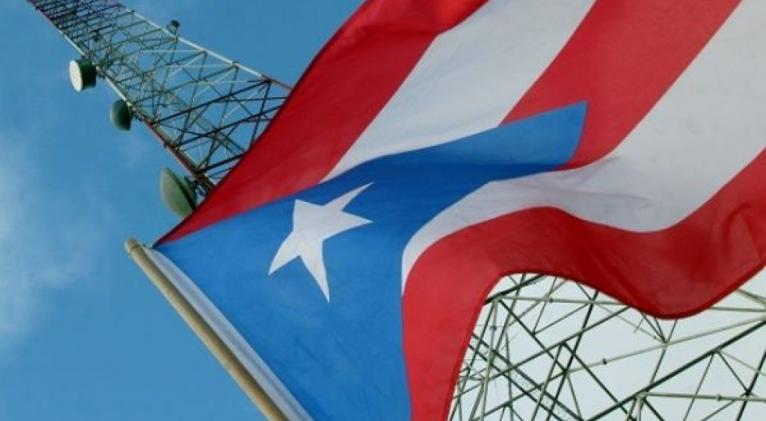Puerto Rico Votes in Plebiscite on '500 Years of Colonial Status'
especiales

Puerto Ricans began to head to the polls Sunday morning for their fifth plebiscite asking voters if they want to be a free nation, become the 51st U.S. state or remain a U.S. territory, amid a debt crisis and growing protests against austerity measures in the island.
The plebiscite, which is not binding, will see the island's more than 2.2 million registered voters choose between statehood, independence or free association and current territorial status. Polls opened at 8:00 a.m. local time and will remain open until 3:00 p.m. local time. Results are expected by 6:00 p.m. local time.
Three political parties have called for a boycott of the ballot, including the main opposition party, as they protest against the government spending US$7.5 million on the election, according to elections officials, in the middle of a budget crisis that has forced the island to take on harsh austerity measures. Critics also point out that the U.S. Department of Justice has not supported the plebiscite.
Puerto Rico has held four previous plebiscites in 1967, 1993, 1998 and 2012. Statehood won the last election, but U.S. Congress did not approve it. Under the current status, Puerto Ricans are U.S. citizens, but cannot vote in presidential elections unless they reside on the U.S. mainland.
If the majority votes for independence, there will be a second vote to decide for either a complete independence as a sovereign nation or status as an associated free state with specific close links to the United States.
The Puerto Rico independence movement scheduled a march to coincide with the plebiscite that will start at 2:00 p.m. local time in San Juan outside of the U.S. Federal Court building.
Those who support statehood, like Governor Ricardo Rossello, have claimed that the change in status would help resolve the island’s US$123 billion debt load, including pension debts. Rossello said that being incorporated into the U.S. would allow Puerto Rico to become a “diplomatic center and a business center of the Americas.”
In Washington last month, Rossello called for an end to “500 years of colonial status” and “100 years of U.S. citizenship without full rights.”
Groups that back the current commonwealth status, like the Popular Democratic Party or PPD, have called for a boycott of the plebiscite, claiming the vote is “invalid” and “rigged.”
A spokesman for the governor told Reuters he will push Congress to respect a result in favor of statehood. If that option wins, the island will pursue the Tennessee Plan, where U.S. territories send a congressional delegation to Washington.
Puerto Rico’s ability to deal with its debt crisis has been crippled by its legal status as a colony of the United States, which bars the island from filing for bankruptcy. An initial audit report found that up to US$30 billion of Puerto Rico’s debt load was issued illegally.













Add new comment